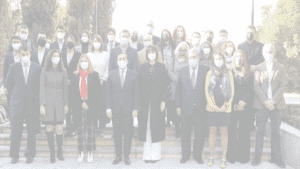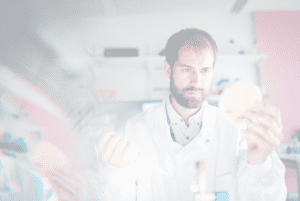- The Spanish Researchers in the UK (SRUk/CERU) society organised their XI International Symposium in Newcastle upon Tyne with the main theme around the use of forms of communication “Beyond Words”.
- Renowned UK and Spanish researchers involved in science outreach and engagement from different disciplines, such as Dr. Margarita del Val or Dr. Nicola Berminghan, have shared their personal views on how to communicate research outcomes and knowledge.
- Round tables with experts in the impact of regional languages in Spain and the UK discussed the advantages and difficulties of multilingualism, whilst workshops provided by research-adjacent consultants helped the audience to understand other ways of sharing their research without using words.
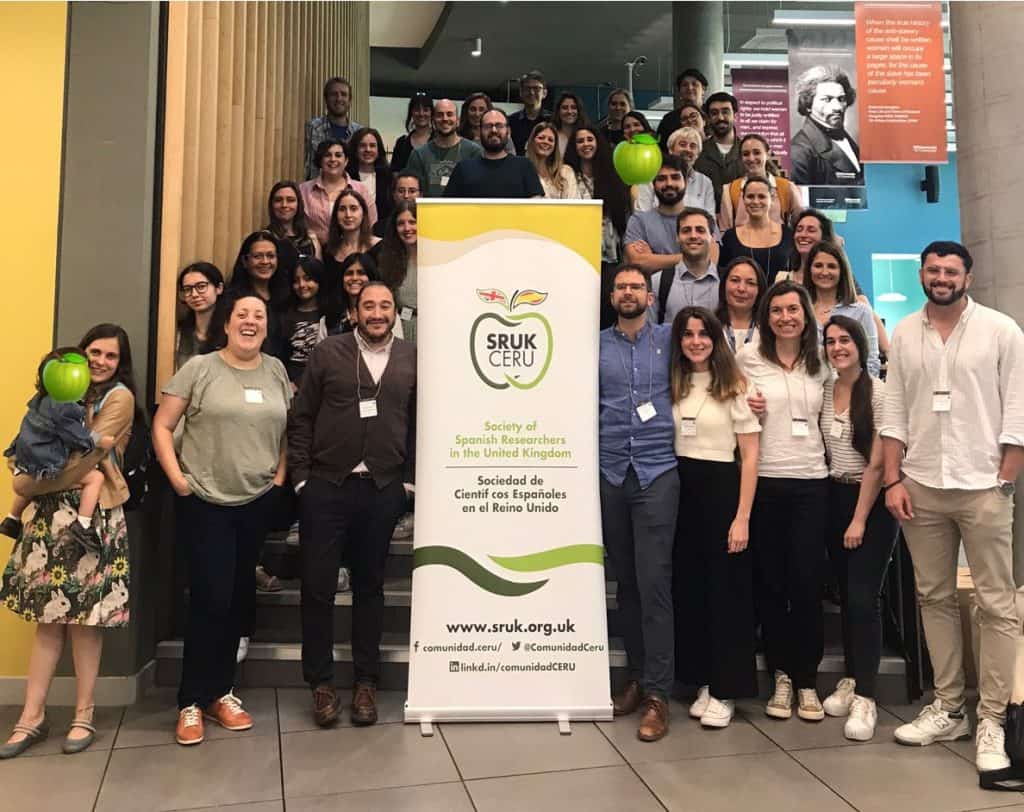
Newcastle upon Tyne, 21st of June 2024. The Society of Spanish Researchers in the United Kingdom (SRUK/CERU) hosted its XI International Symposium this weekend. The event took place at Frederick Douglass Building at Newcastle University, a building named after a 19th century reformer born into slavery on a plantation in Talbot County, (Maryland, USA) who became one of the most famous intellectuals of his time and visited Newcastle as part of a lecture tour. The event was hosted by Dr Ana Viñuela (University of Dundee), Chair of this XI Symposium, and counted with approximately fifty attendees. It opened with welcome speeches by Dr Irene Echeverria Altuna (Oxford University), SRUK/CERU President; Dr Stephanie R. Sobek (Newcastle University), the International Relations and Partnerships Manager at Newcastle University; and included talks of two sponsors of the Symposium Mr Raimundo Pérez-Hernández y Torra, Director of the Ramón Areces Foundation; and Ms María José Mariño Fontenla President of Axencia Galega de Innovación. All of them highlighted the important role of SRUK/CERU in facilitating and continuing connections between international scientists, especially between Spain and the UK. Special emphasis was placed on the work that SRUK/CERU does as part of RAICEX, a Network of Associations of Spanish Researchers Abroad. Both associations “bring expertise and new networks, share their unique cultures” making cities such as Newcastle, the host city of this event, “multicultural and vibrant communities” that “help disseminate the knowledge, increase the impact and help to solve the most pressing issues in society”. These invited speakers highlighted the successful 12 years – journey of SRUK/CERU and how it has impacted international science and communities.
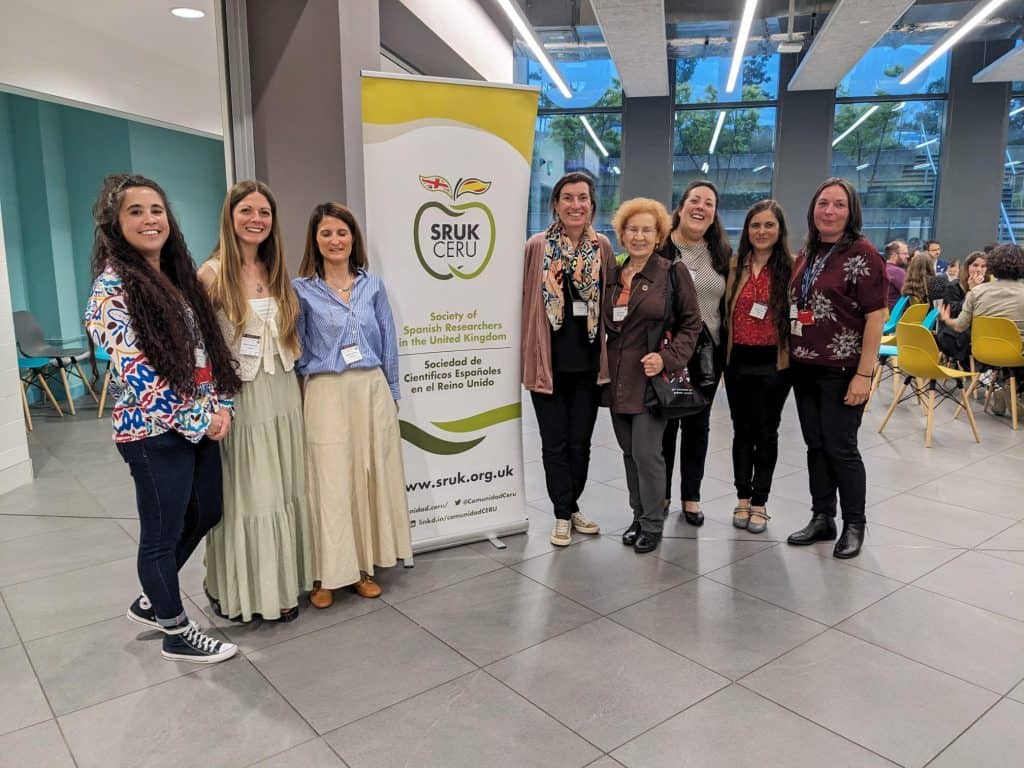
The first keynote speaker was Prof Margarita del Val Latorre (CSIC), a worldwide recognised virologist and immunologist in Spain whose research was spotlighted during the COVID-19 pandemic with multiple appearances in national Spanish TV about the evolution of the pandemic. She explained her journey in the media and gave advice to the Symposium participants about communicating complex scientific concepts to those in need during difficult situations like a pandemic. Some key aspects included communicating science by “giving information about the piece of puzzle that is missing” by “distilling and synthesising important aspects, maintaining scientific rigour, honesty and transparency” to “build trust and respect from your audience” which will lead to a bidirectional communication with the audience. She remarked “citizens understand and value science, but researchers should maintain the communication with the public and remark how coming challenges will benefit from scientific explanations”.
On Saturday, the symposium included a talk from Prof Sonia Antoranz Contera (Oxford University), winner of the SRUK/CERU 2024 Merit Award winner. She is a biological physicist of the University of Oxford, and showcased her book “Nano comes to Life” about how physics interacts with living systems. Her examples included how the pandemic has translated nano- world in medicine with covid-19 vaccine. She remarked “physics is about reality and understanding the world around us”, and how physics is becoming more relevant as “we are recognising the limits of empiricism and controlling- we need fictions, we need interactions and other ways of understanding the world”. The day continued with a roundtable discussion about “Embracing Linguistic Diversity: Regional Languages in Research” chaired by the SRUK/CERU Vice-President Dr Carlos Soler (University of Edinburgh), Dr Nicola Bermingham (University of Liverpool) and Dr Guillermo Roa (Elhuyar, Spain), who maintained a multilingual discussion in spanish, english, galician and basque language “analysing the challenges of multilingual contexts”. They highlighted “how important it is to give a voice to other majority and minority languages, because if not the message will have limitations” on their reach and understanding. However, they remarked how science in other languages entails time consuming processes with additional high costs on translation and editing. About the use of Vasque language in science, Dr. Guillermo Roa stated “having a language (like Spanish) that we all understand is exceptional, but having regional languages adds cultural value and richness”. Finally, a workshop in “Illustration in Science” included Dr Miriam Rivera (founder of Biomiics, Spain), Dr Lydia Wysocki (Newcastle University) and Dr Jorge Català-Carrasco (Newcastle University), highlighting the impact of illustrations. Attendees could explore the use of comics to translate complex scientific achievements by using visual metaphors.
On Sunday, Dr Sarah McLusky delivered a workshop about Communicating without words, where she highlighted how difficult is to explain certain concepts and the usefulness of using other things apart from words, for example, dance, films, music, art, sculpture, architecture that can transmit emotion – “”if you want people to care then first you have to make them feel”. Attendees got additional advice on how to collaborate with artists to communicate their research to other people.
The conference included short talks and posters from SRUK/CERU members, specially from early career researchers and the celebration of other SRUK/CERU Award. The winners of this year’s SRUK/CERU photography contest EnFoco were: Andrés García Sampedro (SRUK/CERU Members and Friends Award) for “The microcosm of anti-inflammatory tumour”; Dr Marta Dominguez Prieto (Originality) for “Unexpected beauty” and Álvaro Castaño (Research Communication Award and Technique Award) for “Gut sensing”.
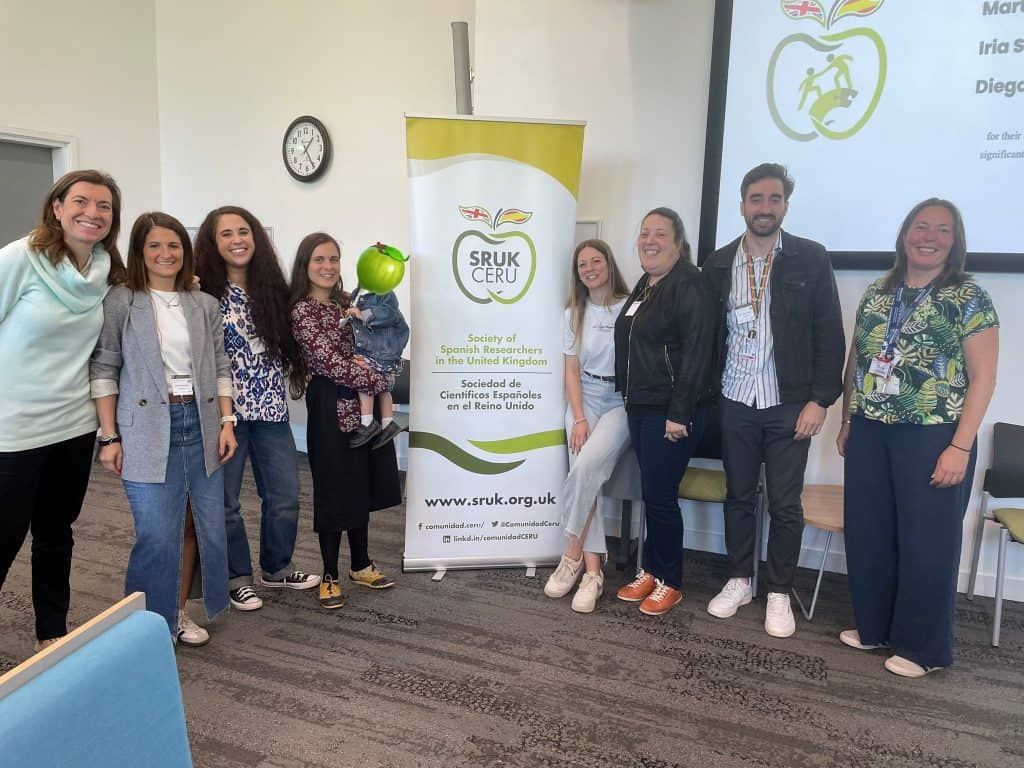
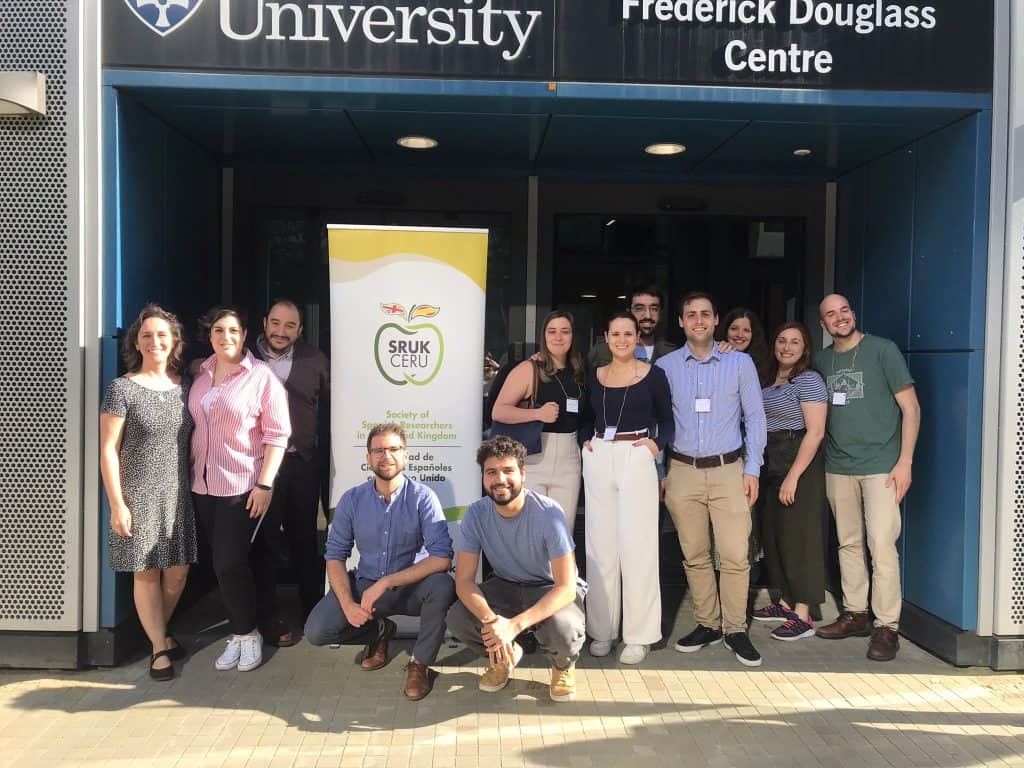
The XI International Symposium offered a platform to learn how regional languages are an instrumental part of science and knowledge communication and highlighted other ways of communicating science “Beyond Words”. Because illustration and art can be powerful forms to carry the scientific message, reaching a broader audience and increasing the impact of the research itself.
Contact
Dr Ana Viñuela Rodriguez
Chair of the X Symposium SRUK/CERU
Email: [email protected]

